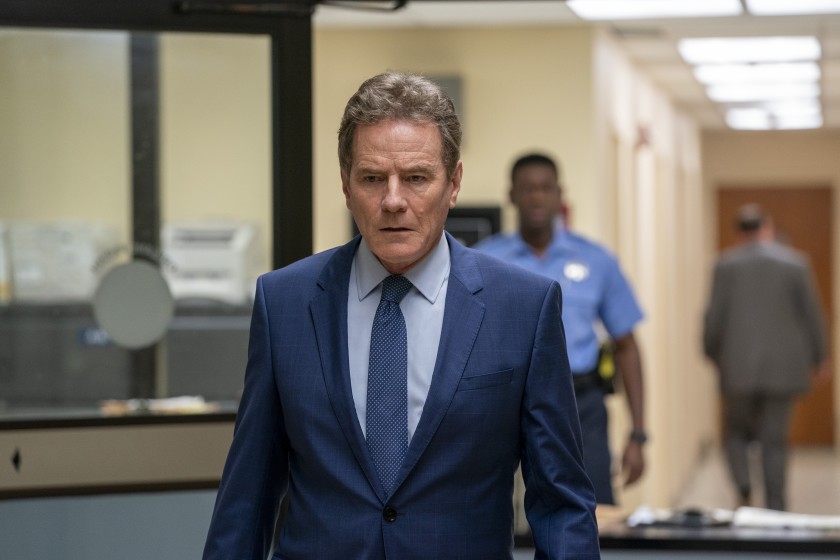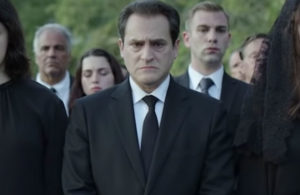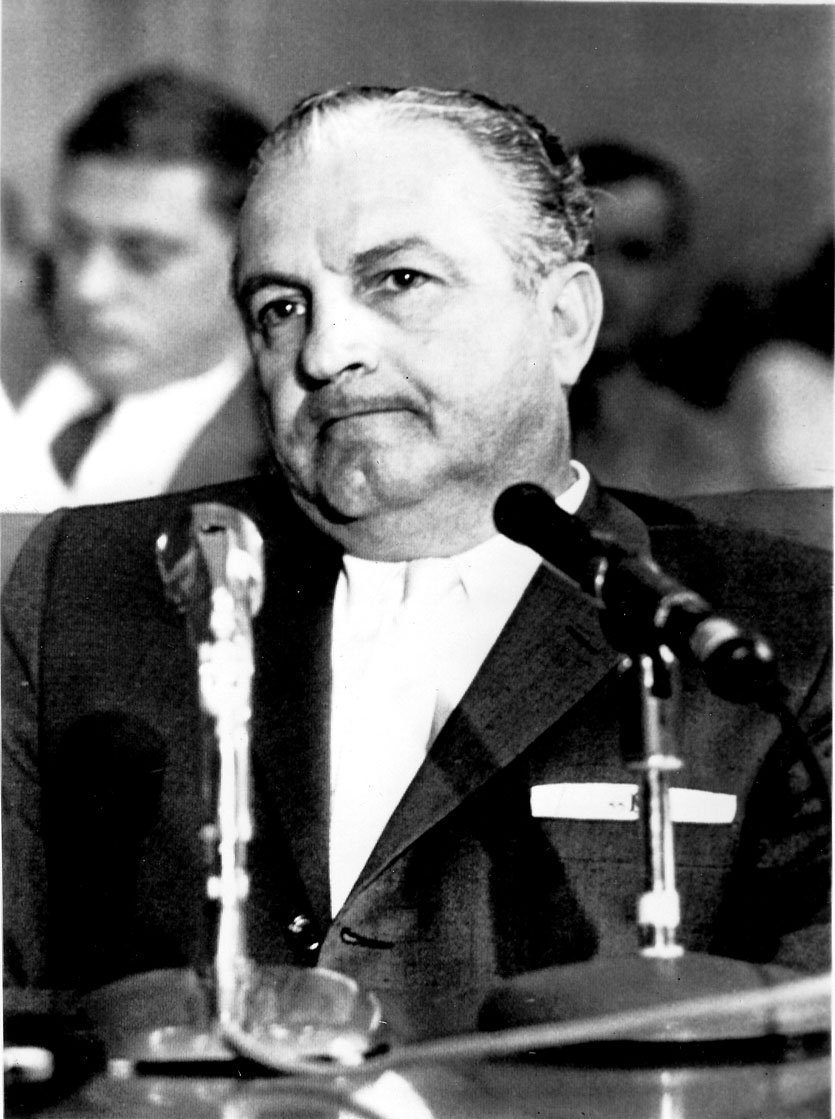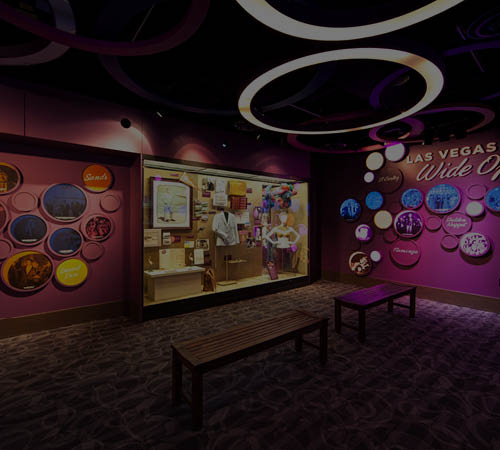
Big Mob trouble in the Big Easy
Showtime drama about a New Orleans judge and vengeful mobster recalls the city’s organized crime history

Organized crime’s influence in New Orleans is at the center of a legal drama airing on Showtime through January.
Titled Your Honor, the limited series stars Breaking Bad’s Bryan Cranston as a respected judge and single father whose teenage son (Hunter Doohan) kills a boy in a hit-and-run accident. The boy turns out to be the son of an organized crime boss, a vengeful underworld figure named Jimmy Baxter (Michael Stuhlbarg).

As the series begins, Baxter’s evil reputation casts a cloud of fear over those in his path. He seems untouchable, even by people in power. This forces the judge into a series of extreme cover-ups to try to keep himself and his son out of Baxter’s crosshairs.
Against this dramatic backdrop is a New Orleans netherworld of racism, police brutality and corruption. The show’s gloomy setting — empty streets, neglected neighborhoods, above-ground tombs — adds to a sense of decay and doom.
The series is set in contemporary New Orleans, but, because of the city’s Mob history, the show calls to mind earlier mobsters who ruled The Big Easy with an iron fist and with little constraint from public officials.
The city’s organized crime history is extensive, especially regarding the Sicilian Mafia. New Orleans is considered the first place in the United States where the traditional Mafia formed into an organized criminal element. Mafia violence in the city dates back to the late 1800s. In 1890, a young police chief caught in a conflict between Mafia factions was shot to death. Those thought to be responsible were lynched.
Much later, Carlos “Little Man” Marcello, once a French Quarter petty thief, emerged as the city’s crime boss. He was born in Tunisia in 1910 but moved to Louisiana as an infant named Calogero Minacore. His parents later changed his name to Carlos Marcello.
Beginning in the late 1940s, Marcello ruled an unlawful empire in Louisiana and other states along the Gulf Coast, including Texas. He took in millions of dollars from vice rackets. Partnering with high-ranking Frank Costello of New York, he controlled slot machines throughout the region. The self-described tomato salesman’s reach extended into Las Vegas. According to a 2008 story in the Las Vegas Sun, the Tropicana hotel-casino’s hidden ownership on the Strip “included Carlos Marcello, the don of the New Orleans mob.”
Like many in the underworld who achieve power, Marcello used payoffs to keep public officials under control. According to the Washington Post, the Senate’s Kefauver Committee investigating nationwide organized crime reported that Marcello dominated in Louisiana at the “personal enrichment of sheriffs, marshals and other law enforcement officials,” who received money for “their failure to enforce gambling laws and other statutes related to vice.”

While Marcello controlled public officials in his own backyard, the federal government under President John F. Kennedy and his brother Robert, the U.S. attorney general, proved more challenging.
In 1961, Robert Kennedy had Marcello deported to Guatemala, the mobster’s fictitious place of birth. Marcello made his way back to New Orleans, but the incident further may have fueled animosity toward the Kennedys. This led to suspicion that Marcello and others in the Mafia orchestrated President Kennedy’s assassination in 1963. Those who disagree with this theory contend there has never been any evidence pointing to Mafia involvement in the shooting, that the act in Dallas was carried out by a deranged gunman, Lee Harvey Oswald, acting on his own.
During these years, Marcello’s criminal peers held him in high regard. The Washington Post noted that the U.S. House Assassinations Committee considered Marcello “one of the 10 most powerful Mafia leaders in the United States . . . a La Cosa Nostra boss whose businesslike approach, political influence and power were particularly respected in the underworld.”
The roster of influential New Orleans crime figures includes more than Marcello, who died in 1993 at age 83 after a prison term.
Others associated with the New Orleans underworld have had histories as colorful as their nicknames — Silvestro “Silver Dollar Sam” Carollo, Phillip “Dandy Phil” Kastel, “Diamond Jim” Moran.
Now added to this list is a fictional crime boss, Jimmy Baxter, with as much menace as any who ruled New Orleans in real life. Through Baxter, the Showtime series conveys the destructive power of New Orleans criminal leaders and the grave consequences awaiting those in their line of fire.
Larry Henry is a veteran print and broadcast journalist. He served as press secretary for Nevada Governor Bob Miller, and was political editor at the Las Vegas Sun and managing editor at KFSM-TV, the CBS affiliate in Northwest Arkansas. The Mob in Pop Culture blog appears monthly.
Feedback or questions? Email blog@themobmuseum.org





